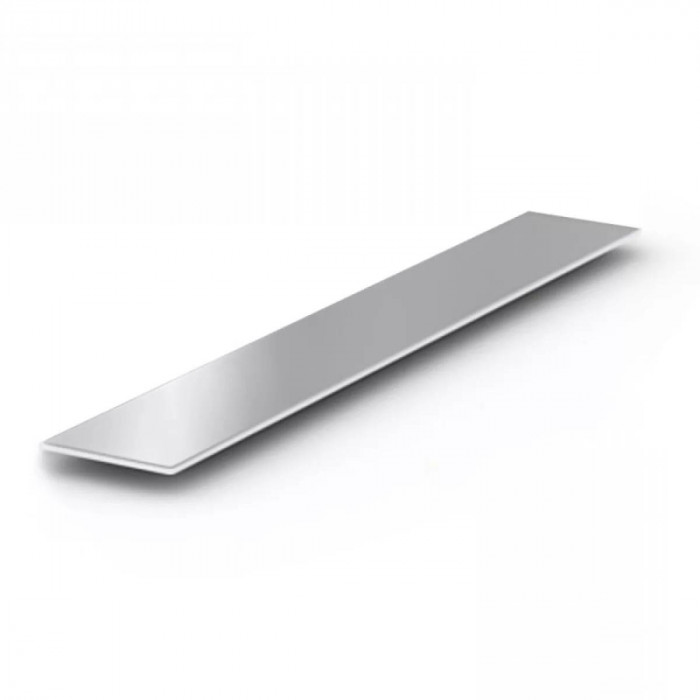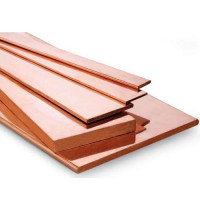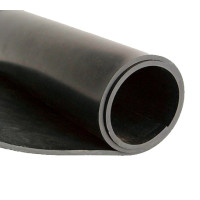Kherson strip galvanized, steel strip, steel sheets, strip cutting and delivery
Zinc-coated strip steel is a versatile rolled metal product that is widely used and is in steady demand.
Where is galvanized strip used?
Due to such properties as corrosion resistance, flexibility, strength, resistance to aggressive environments with high temperatures, galvanized strip is used in such industries.
Housing and communal construction
Automotive
Power industry
Instrument and machine tool building
food industry
Architecture and design
The galvanized strip is used for the manufacture of profiles and hardware. Fencing metal structures are made from it, decorative elements are created in architectural and interior design projects.
Grounding with galvanized strip
Flat bars are used to create grounding loops for residential facilities and metal structures, high-voltage line supports. The galvanized surface acts as a barrier, providing not only mechanical, but also electrochemical protection. In contact with metal, it creates a galvanic cell. A grounding device made of galvanized steel ensures reliable functioning of the lightning protection system and electrical equipment of the building.
Advantages of grounding with galvanized steel:
The closed circuit of the strip significantly reduces the risk of injury in the event of a step voltage;
Ground loop made of anti-corrosion materials is durable;
Ease of installation makes this type of grounding in demand and relevant for home security.
Corrosion protection methods
Hot dip galvanizing is the immersion of a strip in molten zinc. This is the most common method for obtaining a zinc coating of 30 - 100 microns. It can be applied in a thicker layer by performing several melt dips.
Electrolytic galvanizing is carried out in electrolyte solutions under the influence of electric current. This coating method allows to obtain a fine-grained layer structure of 0.2-10 microns, with high adhesion.
Thermal diffusion is the application of a coating to individual parts or segments. In rotating retorts, a zinc-containing powder mixture is processed, which at high temperature is converted into a vapor phase. It settles on the product, covering it with a uniform layer of zinc.
Galvanized strip can be subjected to stamping, painting, application of polymers and paint coatings, profiling, and other types of processing.
Rolled steel is a variety of steel structures such as: walls and roofing of workshops, hangars, warehouses, frames of multi-storey buildings, high-rise towers and masts, bridge structures, oil rigs and tanks, as well as all kinds of elements of machines and mechanisms in various industries.
The steel strip belongs to the high-quality rolling assortment. Long products are one of the important types of products. According to the type of cross section, the strip belongs to a simple profile.
Steel hot-rolled strip GOST 103-2006 is manufactured by rolling a metal billet (ingot) through two rotating rolls. The rolls compress the workpiece and deform it. Thus, the rolling of the ingot densifies the loose structure of the metal, making it plastic and elastic. The workpiece is rolled several times through the rolls, reducing, compressing the ingots. The result is a finished bar of square-section metal, it is called bloom (from the English. "blank"). The bloom is processed and cleaned from defects in the rolled stock and at the output we get a clean billet of steel.
From the warehouse of finished blanks, the bloom enters the mill with calibrated rolls. Passing through the rolls of the machine, the section of the workpiece decreases. The workpiece is rolled several times in a caliber and a finished product is obtained.
The cost of applying a coating to protect against corrosion is included in the cost of a metal product or structure. During the operation of metal structures, it must be taken into account that they need to be serviced 2-3 times a year. This means that a ferrous metal product must be periodically tinted. Thus, the cost of construction increases.
If a product or structure is hot-dipped galvanized, the product will ultimately come out cheaper than if it is covered with paints and varnishes. The service life of hot-dip galvanized parts is 55-80 years.
Immediately before being immersed in molten zinc, the steel strip goes through several obligatory preparatory processes.
1. Hanging of rolled products is the process of fastening a steel strip with a wire to a line traverse.
2. Chemical preparation:
a) Degreasing
b) Flushing
c) Etching
d) Flushing
e) Fluxing
f) Drying
At the end of the preparation process, the steel strip is dipped into baths of molten zinc. Zinc coating is applied according to GOST 9.307-89. The thickness of the zinc coating is from 40 microns. Then the metal cools down and is removed from the line.
The finished galvanized steel strip is checked fromcases of technical control for the presence of marriage. The thickness of the coating is checked with a special device and a final act and a quality certificate for the products are issued.
According to the requirements of GOST 9.307-89, we produce high-quality products for various applications, one of the uses of galvanized steel strip is lightning protection and grounding systems.
Galvanized steel strip is used as a grounding device to protect people and equipment from electric shock and the dangerous effects of lightning current. The strip can be used as a contour along the perimeter of the object, as well as to combine vertical grounding.
Galvanized steel strip is supplied in coils and whips. Coils of the original black rolled steel are continuously galvanized, while the whips are hung one at a time for immersion in the bath.
The most common use of galvanized strips is for the creation of grounding in enterprises, organizations and private homes. The galvanized strip, which is included in the grounding circuit, significantly reduces the risk of electric shock. At the same time, it contributes to the optimal operation of electrical equipment during power surges or lightning strikes. In some cases, this material is used to create the interior decor of the room as the main element.
If we consider a galvanized strip, about the production of which you can learn more from manufacturers, with a grounding device, then here we are talking about a fairly significant value. Thanks to the use of this material, the risk when using household and industrial electrical appliances is literally reduced to zero. At the same time, galvanized strips themselves can be used for more than fifty years. During the service life, the material will not change its technical characteristics.
Today, there are several ways to create a ground, but the most effective and cheapest of them is to use a galvanized strip. This is due to the fact that the coating increases the service life of rolled metal. Due to the processing of rolled metal sheets with zinc, the galvanized strip is resistant to corrosion, does not crack, is sufficiently elastic and has an aesthetic appearance.
What does galvanizing give
1. Resistance to corrosion, which is very important with the regular influence of adverse external factors.
2. Resistance to temperature extremes.
3. Profitability - galvanized products are more affordable than products with similar characteristics from other materials.
The use of a galvanized strip for grounding has repeatedly proved to be good in practice and is recognized as effective and profitable. At the same time, it is necessary to understand that in order to achieve maximum efficiency, when choosing a galvanized strip, it is necessary to pay attention to the peculiarity of the project. For example, in the construction of large hydraulic structures, it is better to use a strip of at least 50x5 with a length of 6 meters, and when arranging the grounding of private houses, it is quite possible to use a galvanized strip - 30x4 or 25x4. In this case, the calculation should be as accurate as possible. Galvanized strip is used in roofing works. Buy strips only from trusted manufacturers who have a license to sell such products in order to avoid buying defective goods. When handling such strips, observe safety precautions - protect your hands with special gloves and your eyes with protective glasses. These strips are resistant to corrosion, very strong and durable. The strips are produced in rolls of a certain length. They are cut from one large roll into several narrow strips. These strips are easily cut into pieces of the required length. I use the strip for grounding electrical equipment. This metal is very flexible and durable, it will serve you for many years. The sizes of the strips can be different, depending on the tasks in which they will be used. In production, they are produced in the following sizes: thickness from two to eighty millimeters, width from fifteen to two hundred millimeters, length from three to twelve meters. Steel is contained in much larger quantities in the composition of the strips and is the main component, which is covered with a thin layer of zinc on top. Profiles and hardware are made from it. It is used to build fences and various barriers. These strips are used in the installation of lightning protection.
No questions about this product, be the first and ask your question.


,sterzhen-200x200.jpg)

